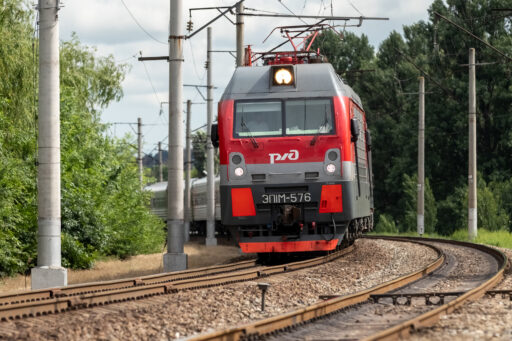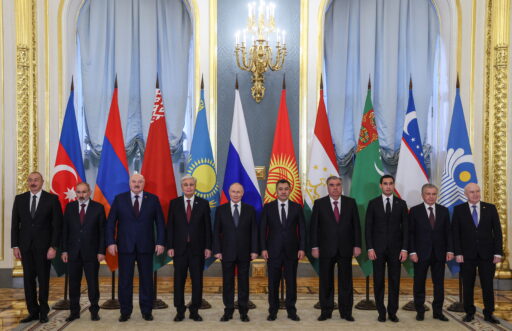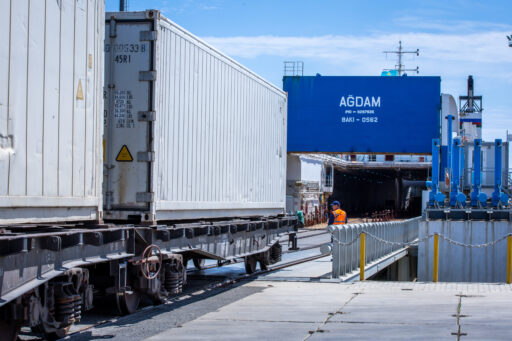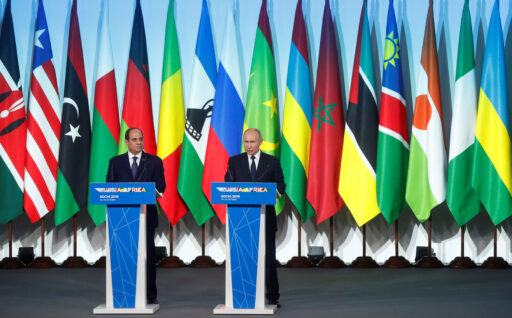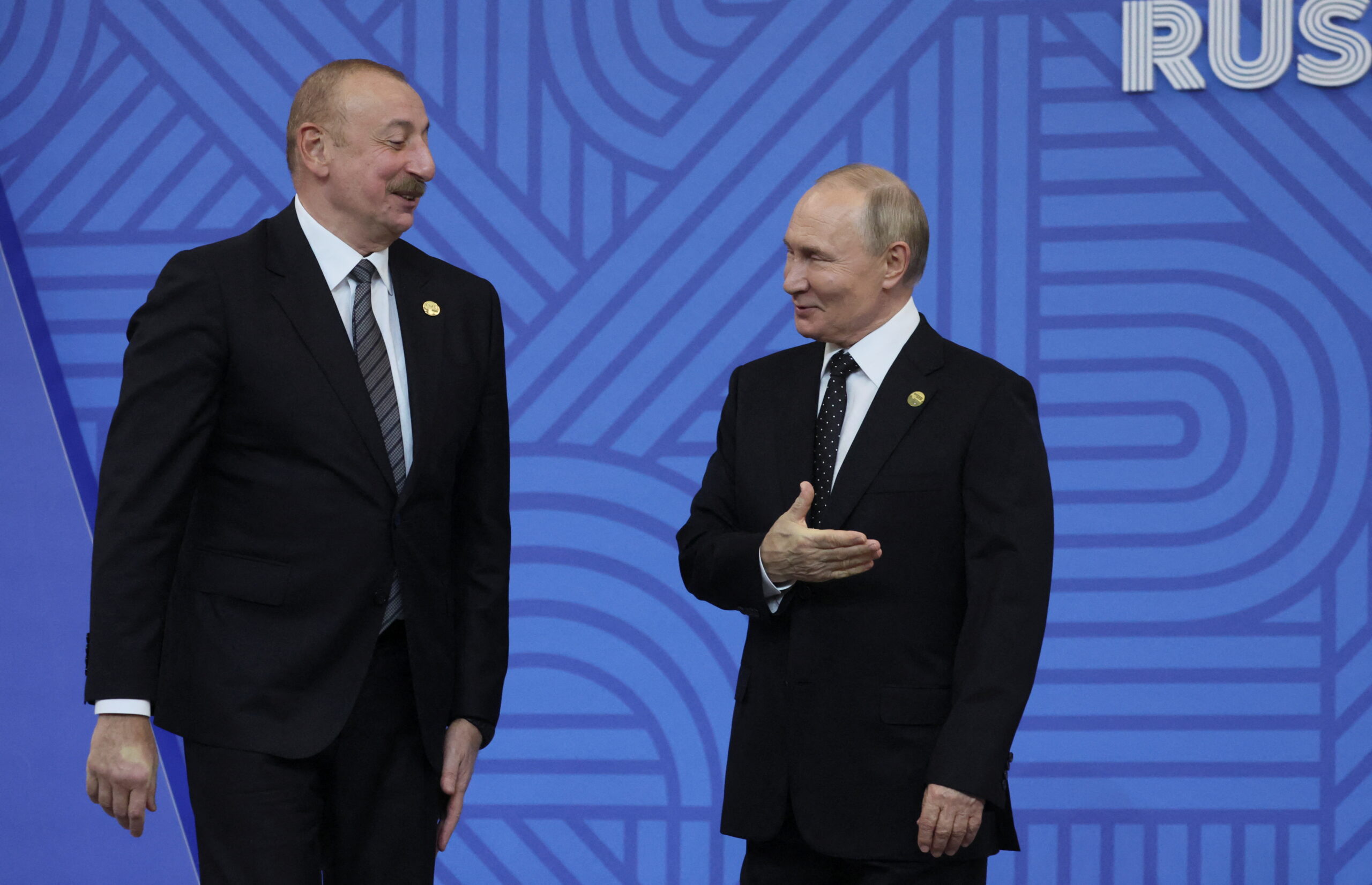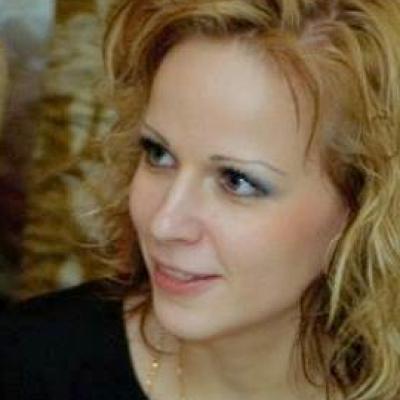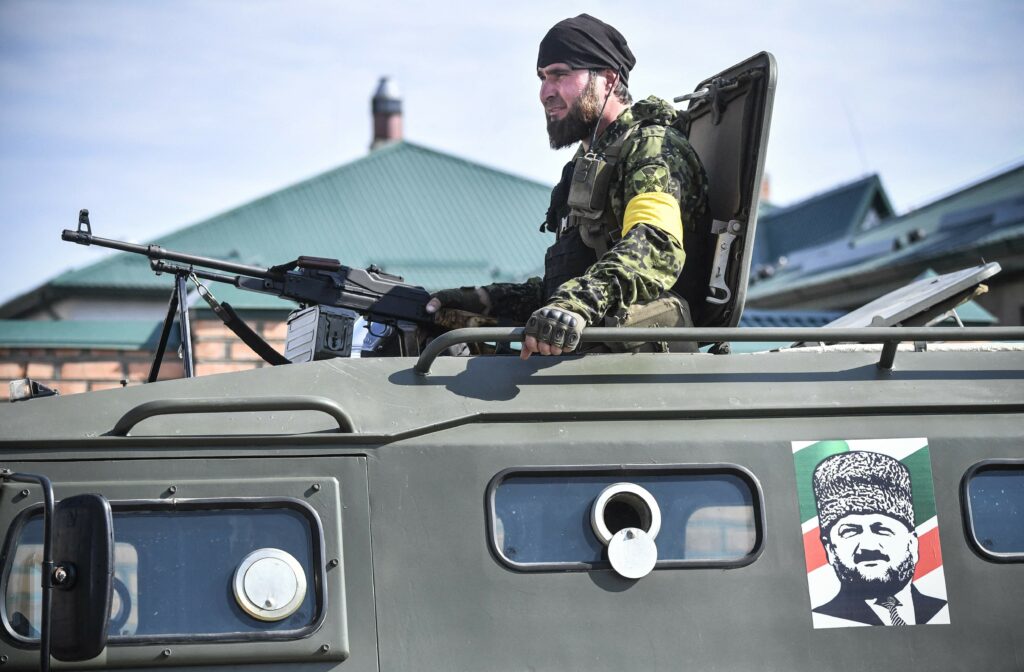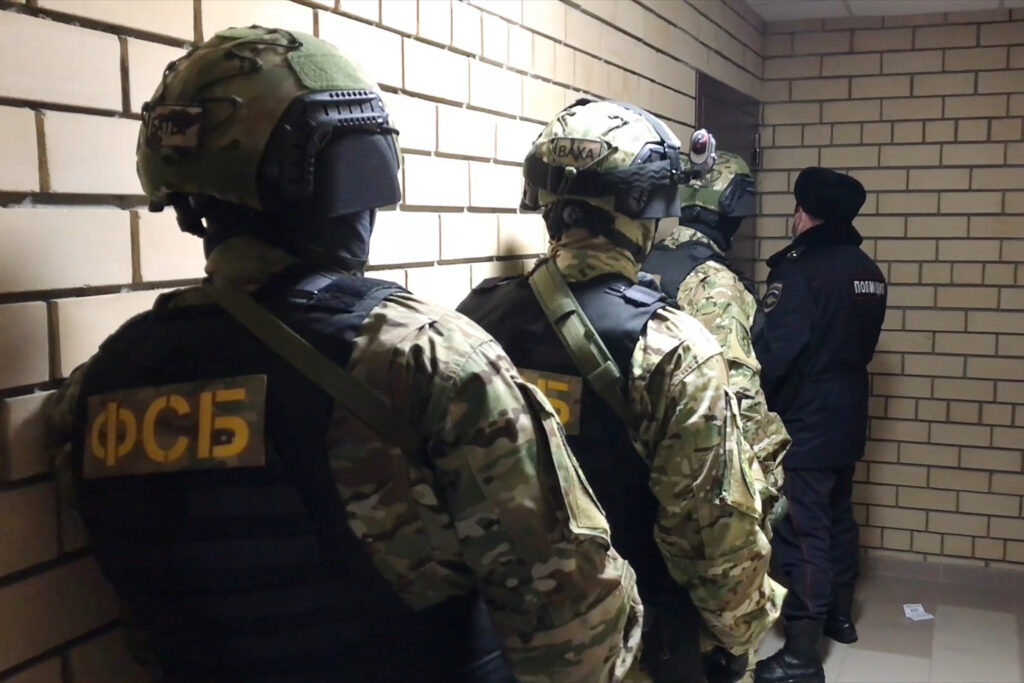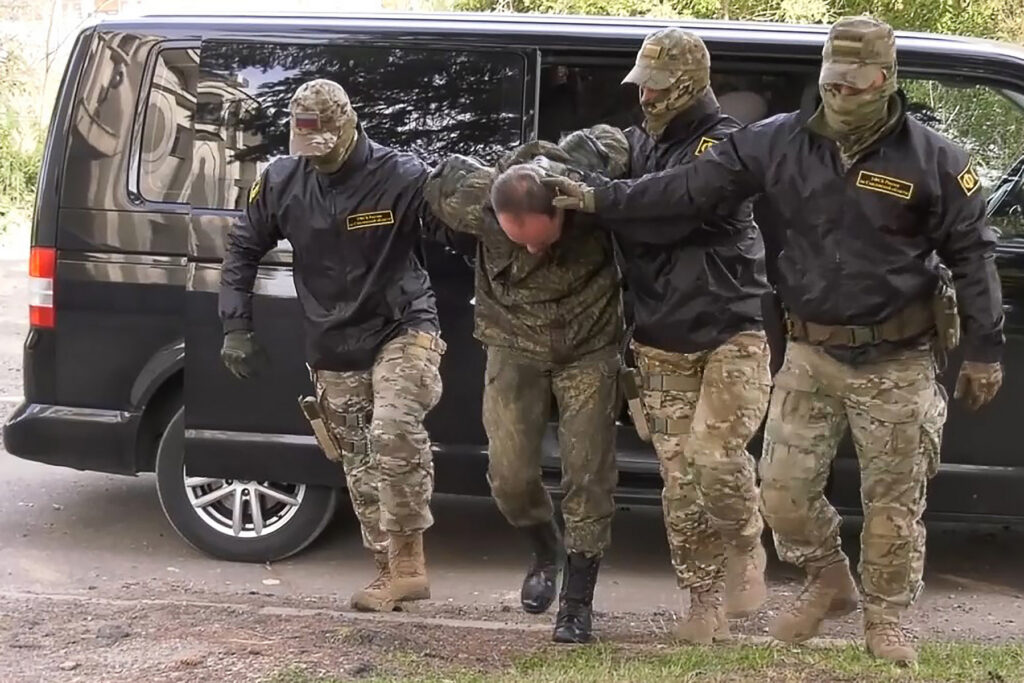Will Russia meddle in the 2018 US midterms? And if so, how? Such questions get asked often on American news media channels. In an interview with MSNBC, US Congressman Adam Schiff said he expects Russia may follow the same ‘vector’ as during the 2016 US presidential election. Facebook, all the while, has been taking urgent steps to prevent that outcome. Recently the social media giant claimed it had foiled a plot to disrupt the midterms. But the company’s COO Sheryl Sandberg warned that the company’s information was still ‘not complete.’
With all the fabled talk since 2016 of notorious Russian hacker groups or St Petersburg troll factories, any influence campaign on a similar theme would not carry an element of surprise. An NPR poll shows more than half of Americans consider it likely that Russia will interfere. And even Donald Trump, who is vitally interested in proving that Russia made no interference in the 2016 elections (i.e. did not help him to win), after meeting Putin in Helsinki in July accused Russia of intentions to help the Democrats in the midterm elections.
Then again, the focus of Russia’s involvement might bring surprises. The New York Times quoted intelligence sources claiming that Russia intends to shift its cyberwar focus. Less political influence campaigns, more threats to America’s power grid.
The motives and nature of Russian meddling, however, often get over simplified in the West. It is viewed as a basic top-down issue: Will Vladimir Putin give the command to influence the American elections again? What are the new technologies and tactics and how can they be thwarted? Framing questions in this way leads to mistakes. It pushes an answer that Russia will meddle, but the reasoning is incomplete. The use of cyber is more than a logical and inevitable outgrowth of Kremlin attempts to influence Western democracies since the annexation of Crimea. The reality is much more ambiguous and less subject to top down control.
Quasi-state structures
To understand the motives and logic of the Kremlin leaders, one should take at least three points into account.
The first problem? Cyberwar matters enjoy a certain autonomy vis-à-vis political decision-making at the state level. This is a kind of geopolitical ‘outsourcing’. It means the ‘dirty work’ gets done by quasi-state structures, such as ‘troll farms’ or private military companies. Anyone who thinks that the Kremlin holds meetings to wonder whether or not to interfere in the U.S. midterm elections is seriously wrong.
This is not to say that there is no connection between the state and informal structures engaging in influencing the news. Yet these links are poorly institutionalised and remain confidential. An important facet here: for members of the government and the presidential administration (perhaps with a few exceptions) this sphere remains as ephemeral and mystical as for many outside observers.
This is deliberate. Vladimir Putin’s ruling style is such that the state should not be held responsible for actions that lie beyond the law. No actions that go beyond the logic of partner-like relations with other countries can be traced back to formal power structures. This is important to understand: in the mindset of Putin’s regime, the state has hardly any links to cyber wars. All real responsibility for this is attributed to structures which are, so to speak, ‘politically friendly’ towards the Russian authorities.
Accordingly, the Kremlin in principle does not need wonder whether or not to interfere in the U.S. elections. The question is worded quite differently: Does it make sense to hamper the work of regime-friendly structures operating in the fairway to protect Russia’s geopolitical interests? If this question were to be answered in the affirmative, the geopolitical situation would need to change dramatically. However, such a change is not happening and is unlikely to happen in the foreseeable future.
The second problem is the presumption of Russia’s guilt. On the eve of the Putin-Trump meeting in Helsinki, there was a detailed discussion in the Kremlin. Should Russians assure the American leader (and how) that Russia does not intend to influence the midterm elections? Opinions in Putin’s close circles were divided into two unequal parts. The minority urged Putin to make every effort to erase any doubts and assure Trump that Russia would not ‘frame’ the head of the White House. They wanted Putin to insist Russia will not give any reasons for the American establishment to increase its pressure on Trump. In this context, Trump’s tweet about Moscow’s potential help for the Democrats is not only political speculation. It also reflects a fear of Moscow’s activity (if there is a will, Moscow could give a lot of reasons to get the American leader suspected of ‘collusion’). Realising this, Vladimir Putin was ready to give Trump all the needed assurances on the upcoming campaign.
Yet the second part of Putin’s close circles took a different stance. This part mirrors the mood of the majority of the Russian conservative elites who currently set the tone in Russian geopolitics. They persuaded Putin that there will be no change, no matter if Russia interferes in the elections or not. The Russian leader was presented with a simulation. The Kremlin, in this scenario, suppresses any initiative and activity from hackers and trolls. It commands the secret services to take a time-out. Would this help to reduce the anti-Russian sentiments in the West? Would it bring deescalation? The answer to this question is negative. There is a broad presumption of Russia’s guilt. As such, it becomes pointless and tricky for the Kremlin to ‘roll back’ and voluntarily renounce cyber-weapons. Putin’s political will or lack thereof is largely irrelevant. The accusatory tone of American elites and the media means an easy win for the Russian ‘hawks’. If there is no difference between interference and non-interference, why choose a weaker position?
Finally, the third, long-term problem. Cyberpolitics is not a one-time tool to influence current political events and processes. It turns into a vital infrastructure that requires high investments and political attention. The aim is to collect and analyse information about the ‘enemy’ and its weaknesses. Cyberpolitics is a mechanism to keep an eye on things at all times. To be relevant means staying active. Either strike a blow or take a pause. Unlike traditional warfare, the special nature of cyber weapons lies in the fact that they can be ‘deployed’ relatively unnoticeably in the enemy’s territory. Then they can be activated and regulated to manage the degree of damage or impact, depending on tactical tasks. Cyber weapons can be either passive (aimed at future operations or intelligence gathering) or active, affecting the current life of systems.
Having experienced the taste of cyber-power, Russia will not voluntarily renounce it. Hiding for a while is an option but it is certainly too late to even consider redeployment of cyber weapons. Incidentally, one should not be too caustic about Putin’s offer to Trump to create a cybersecurity task force. What underlies this proposal is a recognition of the fact that ever more countries are building their cyber-muscles. This process needs regulation. Moscow understands better than anyone else that Putin’s regime can become the target of such attacks tomorrow. Effective safeguards against such attacks (and also a lower degree of cyber vulnerability) are available right now only for technologically underdeveloped countries.
Today, the Kremlin is preparing for the worst in relations with the United States. It does not expect any positive developments in the foreseeable future. Hence, the wartime logic will continue to prevail among the overwhelming majority of the Russian elites. Most are deeply disappointed about what they see as an impossibility to negotiate things with the West. The first world cyberwar is entering into its most active stage. And Moscow does not intend to leave the battlefield voluntarily.

